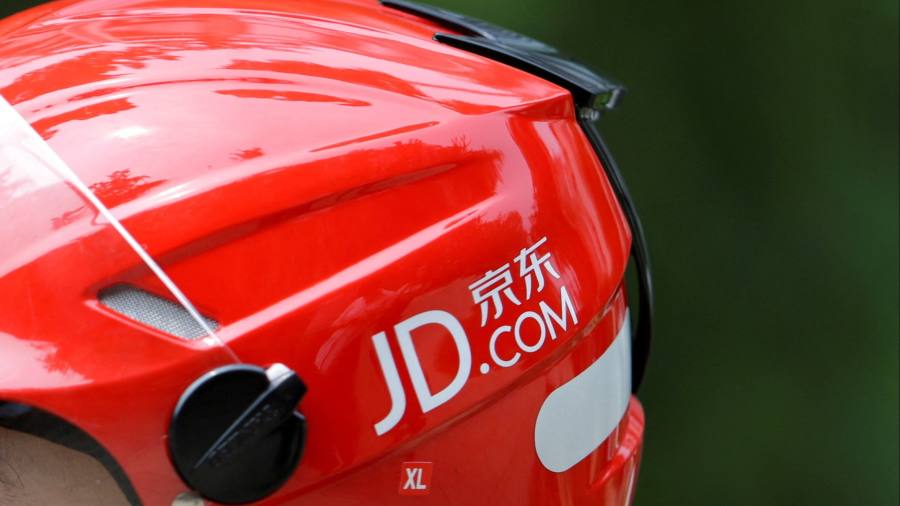
Chinese ecommerce company JD.com is to cut pay by up to 20 per cent for senior executives, saying the move would help deal with slowing growth and improve welfare for lower-paid staff, in an apparent nod to Beijing’s push to narrow the country’s wealth gap.
More than 2,000 employees at deputy-director level and above will be affected by the pay cuts, with cash salaries slashed by 10 per cent to 20 per cent, starting on January 1 next year. The biggest cuts will fall on the most senior employees.
Founder Richard Qiangdong Liu announced the decision on November 22 in an internal email seen by Nikkei Asia.
“I hope the executives will understand and support this decision! I’m sorry for the more than 2,000 executive brothers, I apologise to you!” the 48-year-old billionaire said in the email.
“The group can reinstate everyone’s cash pay at any point, once JD returns to the previous high growth stage in the next two years,” said Liu, who calls himself “your brother Dong” in the email.

This article is from Nikkei Asia, a global publication with a uniquely Asian perspective on politics, the economy, business and international affairs. Our own correspondents and outside commentators from around the world share their views on Asia, while our Asia300 section provides in-depth coverage of 300 of the biggest and fastest-growing listed companies from 11 economies outside Japan.
Subscribe | Group subscriptions
An official from JD.com confirmed the authenticity of the email, adding, “The employee benefits improvement plan is currently being promoted, with a focus on front-line staff.”
JD.com, founded by Liu in 2004, and many other Chinese technology companies are facing slowing growth with China’s economy slowing and consumption falling. JD’s net revenue for the July to September quarter came in at Rmb243.5bn ($34.2bn), an increase of 11.4 per cent on the year, following record-low sales growth of 5.44 per cent for the June quarter, largely due to Beijing’s adherence to its zero-Covid strategy.
Liu stepped down as JD’s chief executive in April. He was one of a number of Chinese tech founders who loosened ties with their companies in response to Beijing’s clampdown on the tech sector. However he remains chair and controls the company through his 76.9 per cent voting stake.
Under Chinese president Xi Jinping’s “Common Prosperity” campaign, authorities have launched a crackdown on tax evasion and other alleged misdeeds in the tech sector. Companies have also been stepping up charitable donations in response to Xi’s call.
In the email, Liu added that he would donate Rmb100mn personally to expand a company fund to provide help for dependants of employees who suffered major disability or loss of life.
Liu said the company would “gradually” offer benefits, including medical insurance to all rank-and-file employees, including more than 100,000 couriers at Deppon Logistics, a domestic delivery company that JD’s logistics arm bought in March. All Deppon’s contractors would become employees, Liu said, adding that with the acquisition of Deppon, JD.com now had a payroll of more than 540,000 people.
Beijing last year began urging tech companies, particularly food delivery platforms, to improve conditions for workers. The delivery industry has drawn sharp criticism on social media for its treatment of delivery workers, most of whom are not covered by basic social and medical insurance.
A version of this article was first published by Nikkei Asia on November 22 2022. ©2022 Nikkei Inc. All rights reserved